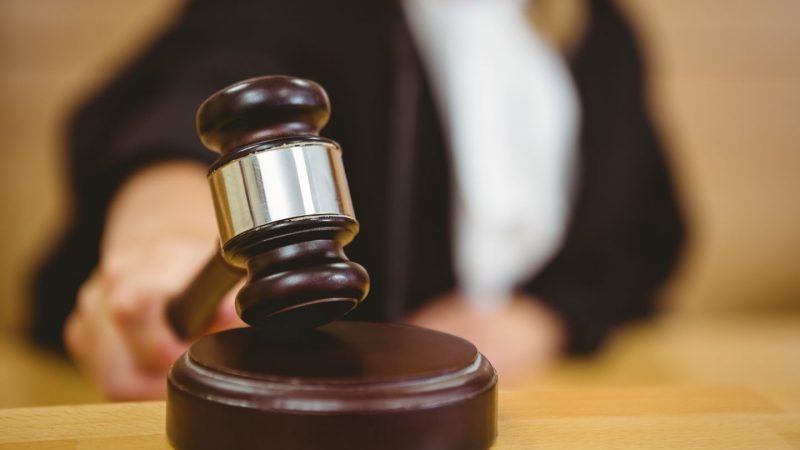I am studying in the third year of the State University of Economics and Technology.I specialize in contractual, economic and corporate law, in particular, I provide consultations and write articles.
Search is an important procedural measure in criminal proceedings aimed at identifying and seizing things and documents that are important for the investigation of a criminal offense. The search is carried out on the basis of the decision of the investigating judge or court, which is issued at the request of the investigator or prosecutor. This decision must include a justification for the need for a search.
Search results
- Seizure of evidence: Objects and documents seized as a result of the search are used as evidence in criminal proceedings.
- Storage and Handling: Seized items must be properly stored and handled in accordance with procedural requirements to ensure their integrity and admissibility in court.
- Reporting: All search results and recovered items are documented and provided for further use in criminal proceedings.
The main stages of the search:
The search procedure is an important part of the criminal process and must be carried out in accordance with legal requirements to ensure the legality of the actions of law enforcement agencies and the protection of the rights of persons who are searched. Here is the step-by-step procedure for conducting a search:
- Preparation: Obtaining the decision of the investigating judge, preparation of the search plan, notification of persons. The decision must contain details, such as the date and number of the decision, data of the judge, data of the investigator or prosecutor, the address of the search and the grounds for its conduct.
- Conducting a search: conducting a search in the presence of witnesses, a lawyer, seizing evidence.
- Registration of the results: Compilation of the protocol, documentation of the seized items.
- Appeal: Appeal against illegal actions or violations of rights during the search.
The most important tips when preparing for a search:
- Contracting with a lawyer: Before the need arises, it is important to have a lawyer or bar association with whom a legal aid contract has been concluded. This will make it possible to promptly involve a defense attorney in the event of a search. The presence of a lawyer during a search can prevent possible abuse by law enforcement agencies and ensure the protection of the rights of the company and its employees.
- Refusal of explanations: According to Art. 63 of the Constitution of Ukraine, a person has the right not to testify against himself. Employees and management must be informed of this and respect this right during a search. If there are requests for explanations or statements to investigators or other persons, you should insist on refusing to answer until you receive a subpoena and consult with a lawyer.
- Court order verification: Request a copy of the investigating judge's order authorizing the search. The decision must contain an exact address that coincides with the place of the search. Make sure that the validity period of the resolution has not expired. If the validity period of the decision has expired, the search cannot be conducted. This can be a sufficient reason for challenging the actions of the investigators.
- Identity verification: Ask law enforcement officials to provide an identity document confirming their status (investigator, prosecutor). This is important to confirm the legitimacy of their actions. If abuses occur during a search, it is important to know the exact details of the searchers so that they can be prosecuted.
- Handling mobile phones and media: Keep mobile phones and media with you and put them on silent mode. This will help avoid situations where information may be inadvertently made available during a search. Decide whether to hand over the phone to investigators, depending on the specific situation and after consulting with an attorney. Voluntary transfer and unpairing of the phone does not guarantee that the device will not be seized.
Question
What is discovered and seized during the search?
Answer
Instruments or objects that have been used to commit a crime, such as theft, robbery, or violence or other crime, objects that may have traces of blood, traces of drugs, etc. Stolen money, jewelry, appliances, or other valuables that were obtained illegally. Property that can be used to secure a civil action, property seized to secure possible fines or compensation.
Question
Where are the search results recorded?
Answer
The search protocol is an important procedural document that records all the details of the search and has legal significance in the criminal process. The protocol is drawn up during or immediately after the search. Must be signed by all parties present. A copy of the protocol must be provided to the person who was searched or his representative.
A lawyer in criminal cases during a search:
Legal assistance of a lawyer in criminal cases plays a key role in ensuring compliance with the law during the search and protection of the client's rights, which can have a significant impact on the results of criminal proceedings. Consultation lawyer in a criminal case is critical to ensuring the legality of the process, protecting the client's rights, and avoiding abuse by law enforcement agencies.
Contact the CONSULTANT legal marketplace - we are always there to help you solve any legal problem. Leave your number and get legal help right now. Do not waste your time, our lawyers are already waiting for your call!




































